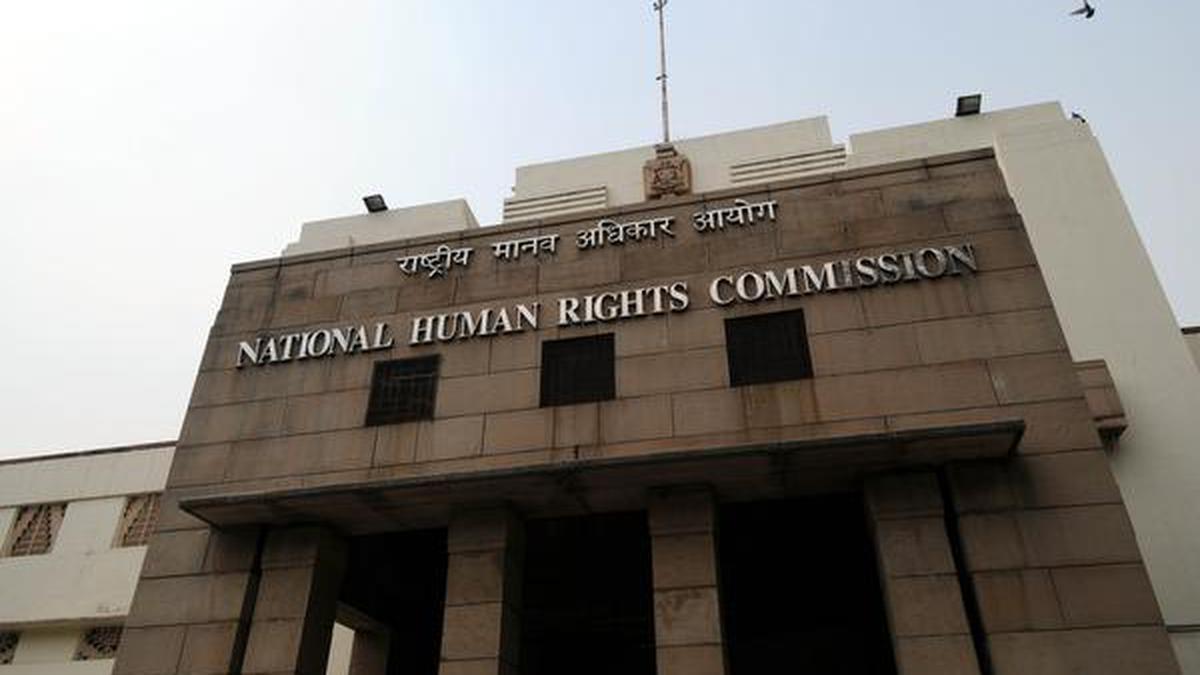
Why NHRC’s international accreditation is under review | Explained
The Hindu
India's NHRC faces international scrutiny over human rights compliance, diversity, and transparency, risking its accreditation and global reputation. We explore.
The story so far: How free and fair is India’s National Human Rights Commission? The question is under international review, in a process governed by the U.N.-recognised Global Alliance of National Human Rights Institutions (GANHRI). NHRC has held an ‘A rating’ since 1999; it was due for re-accreditation by the Geneva-based body last year. On May 1, GANHRI deferred NHRC’s accreditation for the second year in a row. The concerns of the Sub-Commitee for Accreditation (SCA) have carried over through the years: the composition of the human rights body lacks diversity, it has an opaque appointment process, fails to cooperate with civil society, involves police personnel in investigations creating “conflict(s) of interest,” and is unable to respond to escalating human rights violations.
Experts and human rights bodies such as Amnesty International have expressed fears that the once storied NHRC has been reduced to an ornamental body, imperilling the fate of Indian democracy.
The GANHRI (previously known as the International Coordinating Committee of National Institutions for the Promotion and Protection of Human Rights) unites 120 National Human Rights Institutions globally. The SCA consists of sixteen ‘A’ status NHRIs, four from each region in the Americas, Europe, Africa, and the Asia-Pacific.
The body is responsible for reviewing and accrediting NHRIs in compliance with the Paris Principles adopted in 1993. The review process is conducted by the Sub-Committee for Accreditation (SCA) every five years. The SCA, as well as the U.N. Human Rights Office of the High Commissioner (OHCHR), the U.N. Development Programme (UNDP), international and regional organisations, and civil society members, collectively review the NHRIs’ performance. The NHRI has to apply for re-accreditation every five years, or if a change in its function affects its compliance with the Paris Principles.
The Paris Principles function as a treatise for National Human Rights Institutions (NHRIs) globally, ensuring they meet minimum standards to be deemed credible. The six principles provide an anchor for NHRIs, requiring them to maintain autonomy and transparency in decision making, composition, processes and structure.
India’s National Human Rights Commission and Atate bodies were formed only in 1993, with the enactment of the Protection of Human Rights Act (PHRA). This was a “face-saving gesture,” wrote lawyer Shrutika Pandey in an article, when “human rights abuses in various regions of the country during the economic crisis of 1990” chipped away at donor interest.
Also Read: Universal rights and universal violations

In novel initiative, coconut farmers in Pollachi deploy climate sensors to explore alternative crops
Coconut farmers in Coimbatore district use technology to monitor climate and explore crop diversification.





















 Run 3 Space | Play Space Running Game
Run 3 Space | Play Space Running Game Traffic Jam 3D | Online Racing Game
Traffic Jam 3D | Online Racing Game Duck Hunt | Play Old Classic Game
Duck Hunt | Play Old Classic Game










